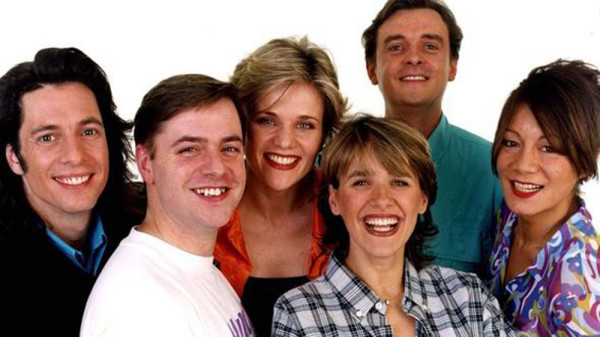The noughties is renowned as one of the most seminal decades in recent history, ironically for its timing rather than its contributions to culture.
While its main claims to fame involve being the first decade of a new millennium and a focal point for technological advancement, however, if we dig a little deeper there are at least some cultural aspects that are worthy of note. This was the decade that property based television shows became all the rage, for example, and create an entire generation of enthusiastic property developers.
In much the same way that television has glamorised the cooking industry, shows such as Property Ladder and DIY: SOS offered a unique insight into the world of property development. They also added layers of depth and emotion to the process of adding value to real estate and reselling it, while also highlighting the lucrative nature of the market. This had a huge impact on society, as young professionals clamoured to make the most of their disposable income and generate revenue from property development.
Up until 2008, shows of this ilk were extremely popular and embodied the prevailing economic climate of rising property market growth and prosperity. This came to a shuddering halt with the Sub-prime mortgage collapse in the American housing market and the subsequent recession, which not only triggered a decline in the global economy but also contradicted the very nature of the property shows of the time. As a result, the popularity of these television programs also began to decline significantly as the end of the decade approached.
Now to the modern day, where a recovering global economy has heralded the re-emergence of popular property programs in the UK. The nature of these shows has changed, however, and rather than encouraging individuals to buy and sell properties for an optimal profit the emphasis is now on improve their properties on a budget regardless of the home-owners’ end goal or long-term goals.
This makes perfect sense, especially with the sell house fast market gaining in momentum and home-owners more concerned with saving money than driving even higher margins. Modern shows also reflect the note of caution that remains after the great recession, and offer viable advice that reflects both the economic climate and the outlook of property owners throughout the UK. So long as shows continue to achieve this, they will remain popular across a wide, social demographic.

